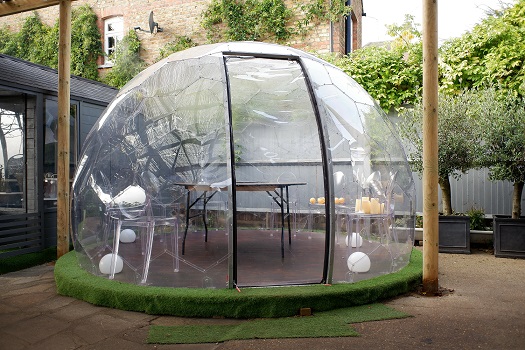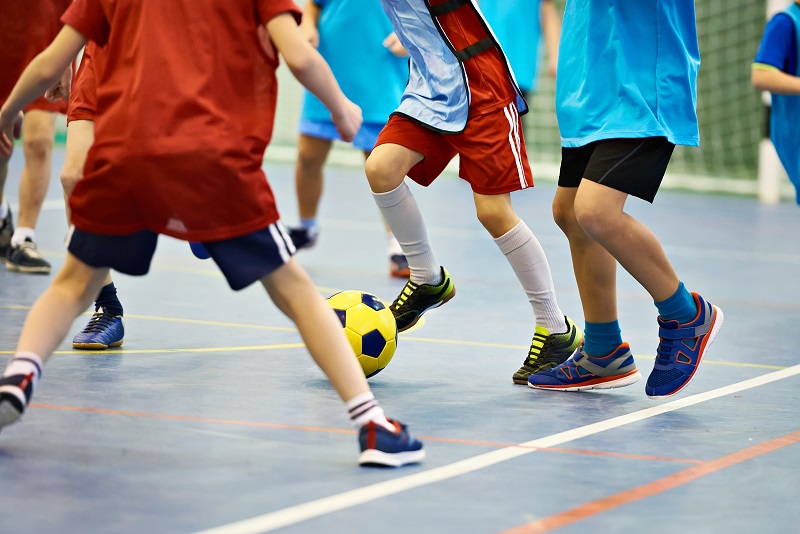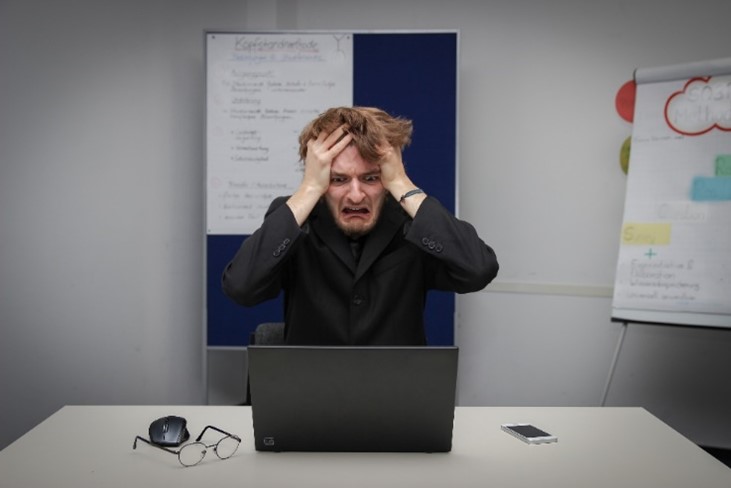- Hyderally & Associates P.C | Employment Lawyers NJ, NY
- (973) 509-8500
- tyh@employmentlit.com
New COVID Restrictions and Clarification from Governor Murphy
New Jersey Votes to Legalize Recreational Use of Marijuana. What Might That Mean in the Workplace?
November 13, 2020Professor’s Employment Claims Given a Passing Grade by the Appellate Division!!
November 20, 2020By: Jennifer Vorih, Esq. and Ty Hyderally, Esq.
Earlier this week, New Jersey Governor Phil Murphy signed legislation and issued new restrictions related to the coronavirus pandemic, all of which will impact employees in New Jersey.
Legislation Clarifies Unemployment Eligibility of Adjunct Professors
On November 10, 2020, Governor Murphy signed S2852, legislating clarifying the ability of adjunct professors to collect unemployment compensation during summer and holiday breaks. This is especially important now, as the pandemic has made it more and more difficult for adjunct professors to know whether or not they will be employed again after a break. S2852 sets forth a standard for determining whether educators have a reasonable assurance that they will be reinstated after the break. The new law requires educational institutions to notify the New Jersey Department of Labor, at least ten days prior to the end of the academic term, of any employees who do not have a reasonable assurance, or high probability, of returning to work after the break. The law also provides that such adjuncts can be eligible for unemployment benefits during summer or holiday breaks.
S2852 is a big step forward for adjunct professors to make it through the pandemic, which has caused so much uncertainty for so many employees.
New Restrictions on Indoor Dining
Earlier this week, Governor Murphy signed Executive Order No. 194, which includes new restrictions on indoor dining. Beginning November 12, 2020, businesses will not be allowed to serve food or drinks between 10:00pm and 5:00am. Casinos will be allowed to operate during these hours, but not to serve food or drinks. Casinos will be allowed to provide takeout food and deliver room service to guest rooms, however. But all restaurants, bars, clubs, lounges, and other businesses – besides casinos – which serve food or drink, will not be allowed to operate their indoor premises between 10:00pm and 5:00am.
These restrictions will obviously impact the lives of many New Jersey businesses and their employees. However, many employees and employers are finding ways to creatively approach the pandemic and the associated restrictions. We certainly hope that this creativity will continue and allow restaurants and bars to make it through these difficult times.

Bar Seating now Prohibited
Executive Order No. 194 also bans seating at bars during all operating hours. As an accommodation to restaurants with small seating areas, the Executive Order allows that restaurants can seat groups indoors at tables closer than six feet apart, only if those tables are separated by barriers in compliance with guidance from the New Jersey Department of Health. In addition, restaurants will now be allowed to seat groups outdoors in individual plastic domes.
Clearly, these restrictions will impact the ability of small restaurants with bars to operate. With the allowance of plastic domes and barriers, and the continued creative endeavors of businesses and their employees, they may be able to continue providing indoor and outdoor dining in New Jersey.
Restrictions on Indoor Youth Sports
This Executive Order also bans all indoor interstate sports games and tournaments through the high school level. College and professional games are not affected by this Order.
This restriction will certainly impact the ability of some youth indoor sports to operate this winter, which will likely result in the loss of employment for some New Jersey workers.

Impact on Employees
Each of these actions has an impact on New Jersey workers, as discussed above. We are optimistic that Governor Murphy will continue to attempt to manage activities within the State to minimize the disastrous impact of COVID-19 on New Jersey and its workers.
En nuestra firma hablamos español. This blog is for informational purposes only. It does not constitute legal advice, and may not reasonably be relied upon as such. If you face a legal issue, you should consult a qualified attorney for independent legal advice with regard to your particular set of facts. This blog may constitute attorney advertising. This blog is not intended to communicate with anyone in a state or other jurisdiction where such a blog may fail to comply with all laws and ethical rules of that state of jurisdiction.

